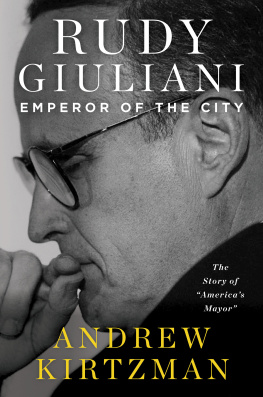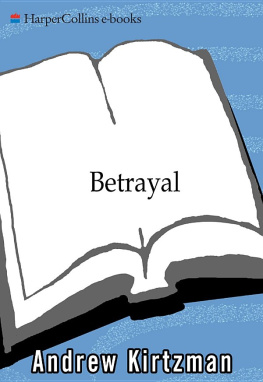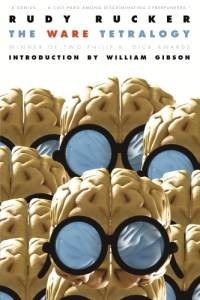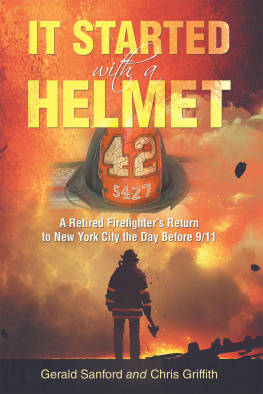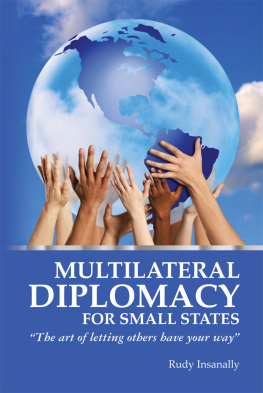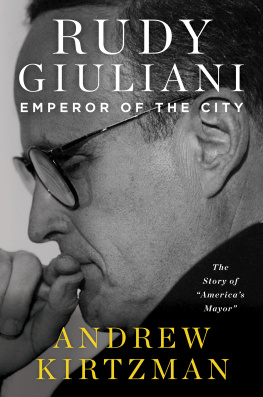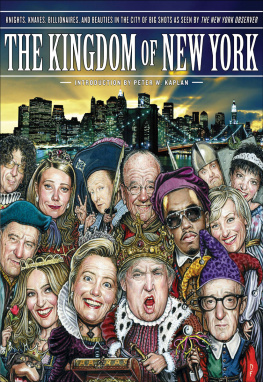Contents
Guide
My grandfather Irving Cohen used to call New York City Gods Country with just a touch of irony. He was a proud New Yorker who rarely traveled beyond the five boroughs, a newsstand dealer who was proud that his son and grandson became journalists, and who boasted that theyd inherited their love of the news business from him. Neither he nor my grandmother Mary Cohen were widely known beyond their small circle of friends and neighbors on Grand Street on Manhattans Lower East Side. But they were integral to the life of this city, and more than integral to my life growing up in Gods Country, and it is to them that I dedicate this book.
A hardcover edition of this book was published in 2000 by William Morrow and Company, an imprint of HarperCollins Publishers.
RUDY GIULIANI . Copyright 2000, 2001 by Andrew Kirtzman. All rights reserved under International and Pan-American Copyright Conventions. By payment of the required fees, you have been granted the nonexclusive, nontransferable right to access and read the text of this e-book on-screen. No part of this text may be reproduced, transmitted, downloaded, decompiled, reverse-engineered, or stored in or introduced into any information storage and retrieval system, in any form or by any means, whether electronic or mechanical, now known or hereafter invented, without the express written permission of HarperCollins e-books.
FIRST PERENNIAL EDITION PUBLISHED 2001.
Digital Edition SEPTEMBER 2018 ISBN: 978-0-06-289917-0
Version 11192018
Print ISBN: 978-0-06-009389-1
Contents
It was only fitting that America crown Rudy Giuliani a hero at Yankee Stadium. As a child, it was where everything began and ended for him. It was hallowed ground to the mayor, the place his own heroes had triumphed.
The event this first full day of autumn in September 2001 was not called to honor Giuliani. It was a memorial service for the deadperhaps six thousand of them, killed in the terrorist attack on the World Trade Center. Some people in the stands on this warm afternoon held pictures of missing husbands or girlfriends or sons or nephews. Twelve days since the morning that changed everything, they were still clinging to the hope that somewhere, their loved ones were still alive. Others were widows of firefighters or rescue workers whod perished in the catastrophe. Many came with their children, suddenly fated to grow up without fathers or mothers.
New York was in mourning, and America was preparing to go to war. Nothing felt the same anymore. Every moment suddenly seemed precious.
Twenty thousand people arrived this quiet Sunday afternoon to say a prayer for themselves or for a neighbor or for America itself. The field was filled with entertainersBette Midler, James Earl Jonesand politicians too numerous to count. But the emotional center of it all was the mayor. The crowd cheered when he walked onto the field with Governor George Pataki. And when Oprah Winfrey introduced him as Americas Mayor, it exploded.
Standing just yards from the spot where an ailing Lou Gehrig announced his retirement in 1939, Giuliani was bathed in an emotional standing ovation. Overwhelmed, he brought his fire commissioner, Tom Von Essen; his police commissioner, Bernard Kerik; and his emergency operations chief, Richie Sheirer, to the forefront to share the applause with him. And then he kissed each one of them.
The proud twin towers that once crowned our famous skyline no longer stand, but our skyline will rise again, Giuliani told the crowd, his voice booming through the stadiums public address system. On September eleventh, New York City suffered the darkest day in our history. Its now up to us to make it its finest hour.
Our skyline will rise again. To those who say the city will never be the same, I say you are right. It will be better.
Over the previous twelve days, Giuliani had worked nonstop to rebuild his city and revive the publics spirit, and the world had taken notice. Hed been lionized by the leaders of France and England. A joint session of Congress, led by the president himself, gave him and the governor a standing ovation. David Letterman tearfully described him as a hero. Giuliani was no longer the embodiment of a thousand controversies, but rather a heroic icon struggling to hold together a traumatized city.
As the audience at Yankee Stadium cheered, millions of Americans watching on national television were doubtless cheering as well. Standing at second base inside his beloved cathedral, Giuliani was, for the first time in his life, universally beloved.
Two and a half years earlier, it all seemed to be falling apart. As he stepped out of the 50th Precinct house into the first warm breeze of spring, everything Giuliani had done to revive New York seemed forgotten. The city was turning on him.
All the powers hed outfoxed or bullied into submissionthe liberals, the Harlem politicians, the editorial page editors, the civil liberties crowdwere rising together as one to protest the fatal police shooting of an unarmed immigrant. The daily sit-ins in front of Police Headquarters had grown exponentially and had taken on the air of a movement: several congressmen had been arrested, along with the state comptroller, a former mayor, and some movie stars. Giulianis popularity had plummeted 21 points, to the lowest point of his five-year tenure. The man whod solved the unsolvable, who ran the city seemingly by himself, a kind of robo-mayor immune to fatigue, fear, or self-doubt, was under siege, and the legion of officials hed insulted, ignored, or humiliated were just sitting back and watching him suffer, alone and virtually friendless.
A few miles away, protestors filled the streets in front of the majestic Bronx County Courthouse, forcing court officials to shut down most business for the day. It was indictment time for the four officers at the center of the case, all made famous for spraying a hail of gunfire at the African immigrant Amadou Diallo as he tried to enter his building one early February morning in 1999. Along the Grand Concourse, it seemed like a holiday, a festival called to rally around the coming fall of Rudy Giuliani. Peddlers were hawking Impeach Rudy T-shirts. Signs bobbing in the air read Impeach Rudy and Depose Rudy. Shortly after 2 P.M. , the crowd would explode in a roar when the Reverend Al Sharpton made his entrance, accompanied by Kadiatou Diallo, Amadous mother. The man most singularly reviled by the mayor was greeted like Mandela, fresh out of Robben Island.
It was all a bit surreal to see the person most linked to the citys rebirth dangling on the precipice of disaster. In Times Square, one and a half million tourists were flooding the streets, gawking at $4 billion worth of new towers, hotels, electronic news zippers, and theme restaurants. Internet millionaires were blooming like the tulips along Park Avenue, generating tax revenues that had city government awash with cash. Police had restored order on the streets: crime had plunged so low that the FBI was calling New York the safest large city in America. Unemployment was down, and 400,000 fewer people were on the welfare rolls. Time magazine, which announced the city all but dead in a 1990 cover story called The Rotting of the Big Apple, was cheering the citys comeback. And Rudy Giuliani was the hero of the revival.
As the Diallo case unfolded, though, people had started to look at this man and all he had accomplished in a different light. Minority residents had been harassed and humiliated by police so many times on the streets of their own neighborhoods that the department had come to be viewed as an occupying force, and the shooting of the African street peddler was the last straw. Watching to see how Giuliani would respond to Diallos death, the public saw a cold man, unsympathetic to the pain of black residents and so alienated from their leaders that hed refused to meet with them for years.
Next page
